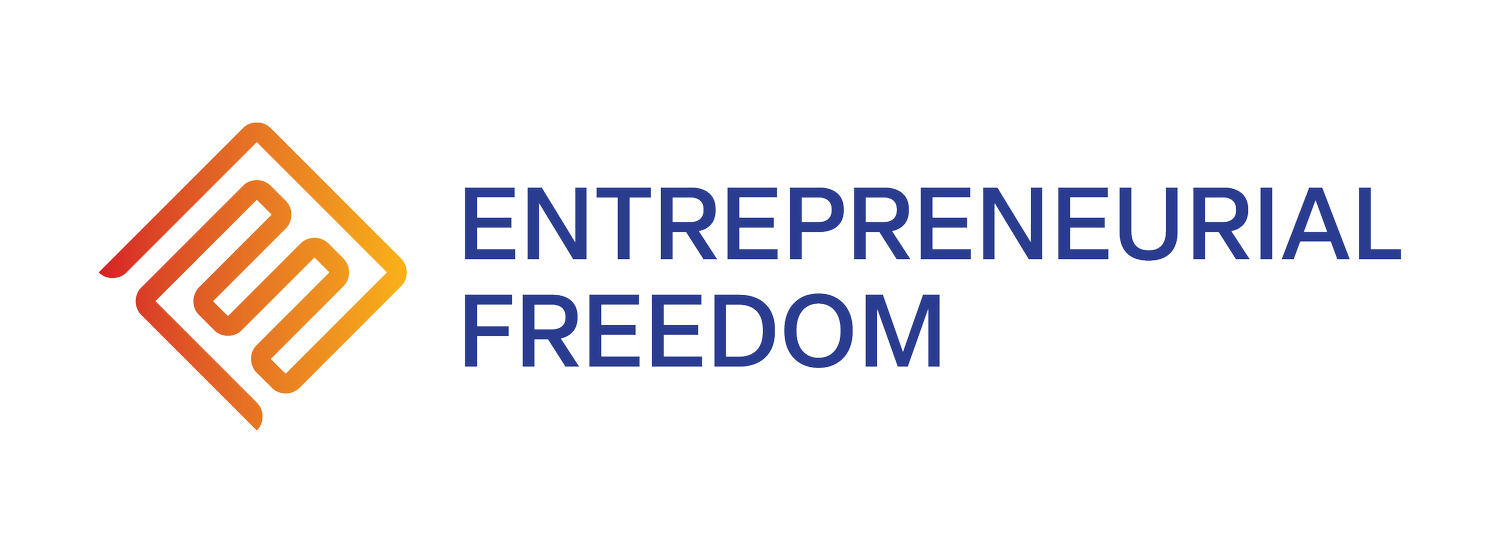Quiet Truths Part 1: “I don’t feel like I can stop. And I’m not sure I remember how to rest.”
Why stepping away feels dangerous—even when the business is working.
I remember sitting across from a founder not long ago.
Smart, successful, steady. The kind of leader people rely on.
She smiled when she talked about her team. Spoke with clarity about her goals.
But then her voice softened.
“I just feel like… I can’t stop.
Even when I’m off, I’m still on.
And honestly, I don’t even know what rest would feel like anymore.”
That line hit something in me.
Because I’ve felt it too.
And I’ve heard it in the quiet moments with dozens of others—founders who have built good, solid businesses… but still can’t stop scanning. Still can’t let go.
Even when they’re not “working,” they’re watching. For what might break. For what might get missed. For what will quietly circle back to them, even though it shouldn’t.
Here’s the truth most of us don’t say out loud:
We’ve done the work.
We’ve hired the people.
We’ve built the systems.
We’ve read the books and followed the frameworks.
But somewhere underneath it all, there’s still this feeling:
If I step back, it might all fall apart.
So I stay close. Just in case.
Not because we want to micromanage.
Not because we don’t trust our team.
But because… somewhere along the way, we learned that if we’re not holding it, no one else will.
And when that belief is baked into the business—even rest starts to feel like a risk.
This is what we call the Owner’s Treadmill.
It’s not just a workload problem.
It’s a structure problem.
A trust problem.
A wiring problem that says: “Everything still flows through me.”
You tell yourself, “Once this launch is over, I’ll take a step back.”
Or, “Once I make the next key hire, I’ll finally be able to unplug.”
But the loop just keeps looping.
Because the business isn’t actually built to function without you at the center.
This isn’t about working less for the sake of it.
This is about building something that holds you, too.
Something that doesn’t need your constant vigilance to stay afloat.
Because the goal isn’t to escape your business.
It’s to build one that feels safe enough to step back from.
Not just physically.
Emotionally.
To walk away for a weekend…
or a week…
and know things won’t just “survive” your absence—they’ll thrive in it.
If you’ve been feeling the weight of needing to stay involved…
If rest doesn’t feel restful…
If you can’t quite stop looking over your shoulder…
It doesn’t mean you’re broken.
It means you’ve built something successful—that’s now ready to be restructured.
That’s where the real freedom begins.



